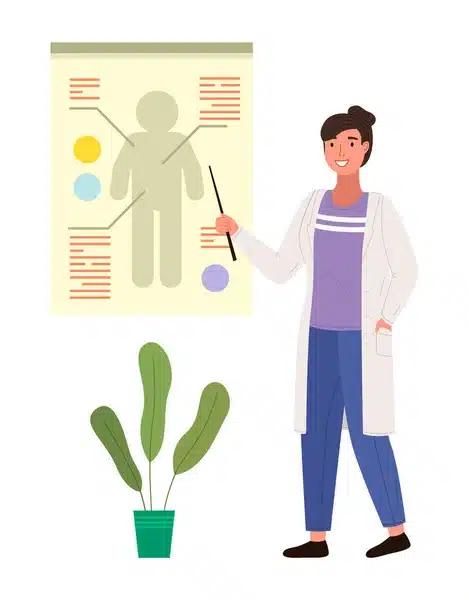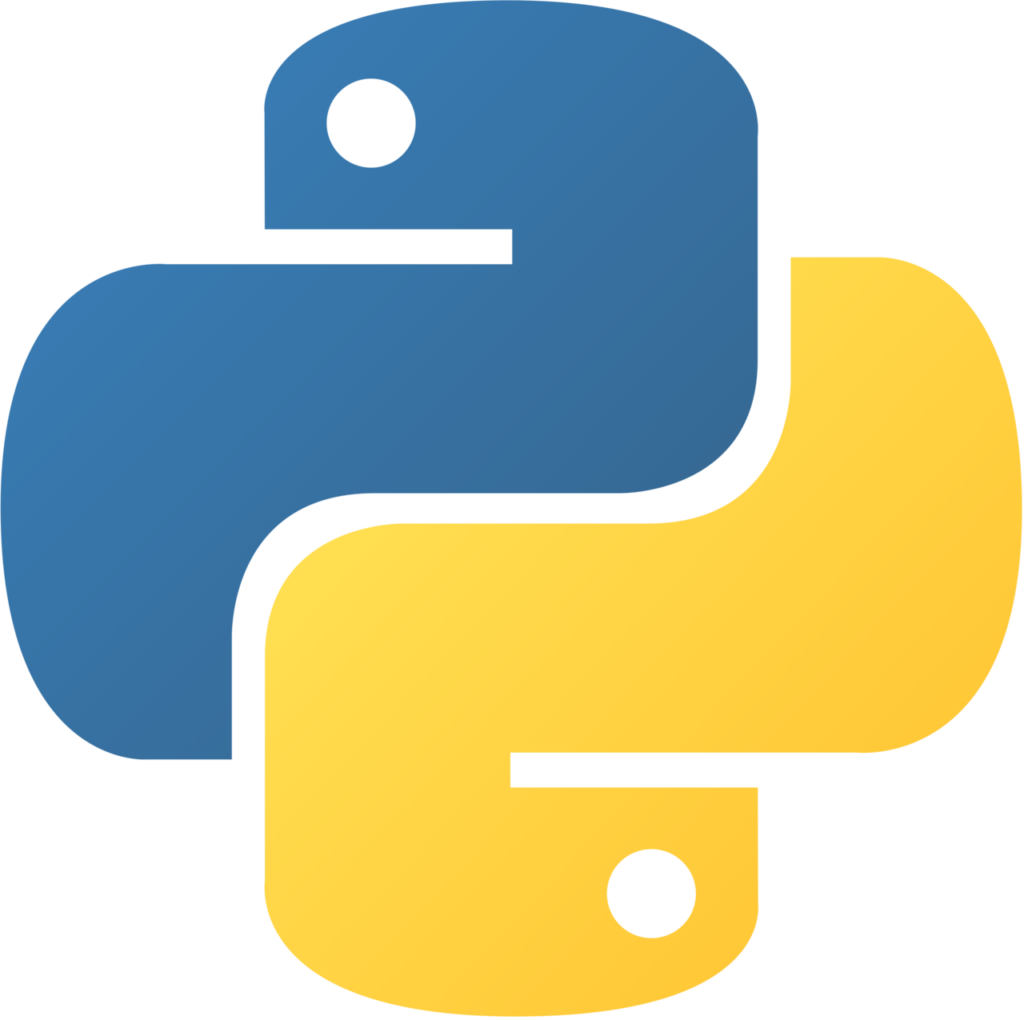Hospital Management System
- Home
- Hospital Management System
hospital management System DEVELOPMENT
We develop medical billing software for hospitals, private doctor’s practices, pharmacies, and supply companies
Trusted by:




years of Development Experience
Case studies
Professionals
projects delivered
What Are Benefits Of A Hospital Management System?
Hospital Management Systems (HMS) play a crucial role in modern healthcare by optimizing workflows and enhancing patient care. Some key advantages include efficient appointment scheduling, accurate billing and invoicing, comprehensive electronic health records (EHR) management, inventory control, analytics for informed decision-making, telemedicine integration for remote consultations, and regulatory compliance adherence. These features collectively improve operational efficiency, reduce errors, streamline communication among healthcare professionals, and ultimately enhance the overall quality of patient care
Cost savings & efficiency
Optimizes resource allocation, reduces waste, and lightens staff workload.
Enhanced patient experience
Streamlines processes, minimizes delays, and improves satisfaction.
Boosted workflow
Automates tasks, centralizes data, and increases operationa
Reduced errors
Minimizes human error in data entry and record keeping.

Modules of Hospital Management Systems

Patient Registration
Simplifies patient registration for quicker check-in and improved record management.

Appointment & Scheduling
Facilitates the booking and management of patient appointments, ensuring optimal utilization of healthcare provider's time and resources

Outpatient Management
Organizes and tracks the treatment and care provided to patients who do not require overnight hospitalization

Billing
Manages billing processes, including invoicing patients, processing insurance claims, and handling financial transactions accurately.

Claims Management
Ensures timely submission and processing of insurance claims, reducing reimbursement delays and improving revenue flow.

Revenue Cycle Management
Optimizes the financial performance of healthcare facilities by effectively managing revenue generation and collection processes


Regulation Compliance
Coordinates appointments, procedures, and resources efficiently to maximize productivity and minimize wait times for patients.

Scheduling
Coordinates appointments, procedures, and resources efficiently to maximize productivity and minimize wait times for patients.

Reporting
Generates comprehensive reports on various aspects of hospital operations, enabling data-driven decision-making and performance evaluation
Future Trends in Hospital Management Software
Focus on Interoperability
Data will flow seamlessly between different HMS and medical devices, creating a more holistic view of each patient.
Enhanced Security
Robust cybersecurity measures will be crucial to protect sensitive patient data in the face of evolving threats.
IoT Revolution
The Internet of Medical Things (IoMT) will connect medical devices to HMS, enabling real-time patient monitoring and remote data collection.
Telemedicine Advancements
Telehealth will expand beyond video consultations, offering remote monitoring, diagnostics, and specialist consultations.
OUR BESPOKE HEALTHCARE APPLICATION DEVELOPMENT PROCESS
Design & Prototype & Prototype
Develop wireframes and user interface following prototype creation and usability testing.
Build
We perform unit testing and code control after developing the SaaS application
Test
Perform load, special, and automated testing on application for multiple browsers and OS.
Testing
As a part of testing, we use a variety of testing techniques and quality assurance, including both automated and manual testing, as part of the development process to ensure that the final product is flawlessly free of errors.
Deployment
After performing the testing process,we will beta deploy and live the application.
Maintenance
After deploying the application,we will give you 24/7 support,monitor the application, taking feedback from the clients, and analyze the feedback and work on it.
Testimonials

Developing Mobile App Using Today's Technologies & Tools

Python

Java

C++

React Native
Flutter

Laravel

PHP

HTML
Answering your Healthcare development queries (FAQ)
If you are still thinking about opting for Homestead as a loving home for your loved ones, you can always check out the common queries about our service and support.
HMS development involves creating software solutions tailored to manage and streamline various hospital operations and processes effectively.
Key features include patient registration, appointment scheduling, billing, inventory management, electronic medical records (EMR), and reporting capabilities.
The development time for an HMS varies depending on its complexity, customization requirements, and the development team’s resources. It can range from a few months to a year or more.
Technologies such as web development frameworks (e.g., .Net, Python, Angular), databases (e.g., MySQL, MongoDB), and programming languages (e.g., Python, Java) are commonly used in HMS development.
Challenges may include ensuring data security and privacy compliance, integrating with existing hospital systems, designing user-friendly interfaces, and adapting to evolving healthcare regulations.
Yes, HMS can be customized to accommodate the unique requirements and workflows of different healthcare facilities, ensuring seamless integration and efficient operations.
How does HMS development contribute to improving patient care?
After implementation, ongoing technical support, software updates, and training for hospital staff are essential to ensure the system’s smooth operation and continued alignment with the hospital’s evolving needs and regulatory requirements.
















